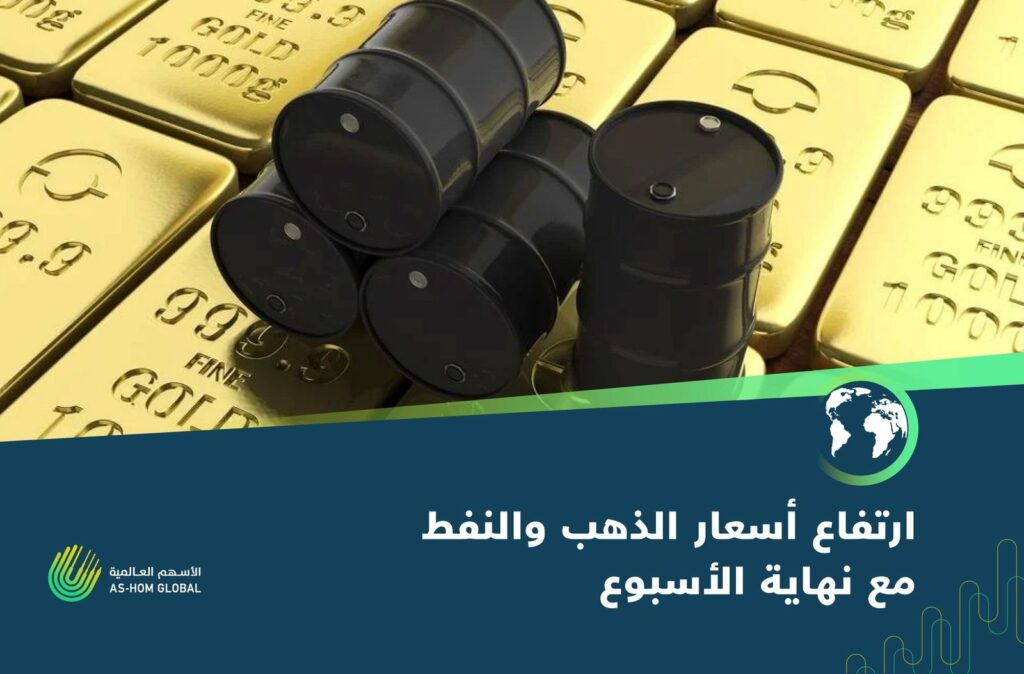There’s no oil crisis yet, but keep an eye on the options market.
In a recent article published on Bloomberg, analyst Javier Blas argues that the Iranian attack on Israel hasn’t caused an oil crisis so far, but it has increased market risks and led to wider price fluctuations.
Key points from the article:
- No current oil shortage: Supplies from the Middle East are flowing without obstacles, and the Strait of Hormuz remains open.
- Risks of disruption have increased: Escalating tensions in the region could lead to production or shipping disruptions.
- Iran aims for escalation then de-escalation: The strike may have aimed to deter Israel without starting a full-scale war.
- Market fundamentals are healthy: Oil demand growth is expected in 2024, while production remains below required levels.
- “OPEC+” monitors the market: The alliance is likely to gradually increase production at its upcoming meeting.
- Surplus production capacity is sufficient: “OPEC+” can control prices unless a regional war breaks out.
- Political risk persists: US sanctions on Iran could tighten the market.
- Russia benefits: Moscow sells its oil at a higher price due to market tightness.
- The US may tap into its reserves: There’s an increased likelihood of the White House releasing oil from its strategic reserves.
Overall, Blas sees the oil market facing increasing uncertainty. While fundamentals remain strong, geopolitical tensions increase the risk of volatility. “OPEC+” has the ability to manage the market, but it will need to closely monitor developments and respond intelligently.
Additional notes:
- The article mentions that options market prices have risen, reflecting investors’ concerns about higher geopolitical risks.
- Blas also discusses the long-term impact of the attack on US-Israeli-Iranian relations.
- The article concludes by emphasizing that it’s too early to draw any final conclusions about the attack’s long-term impact on oil prices.
Note: This summary is an interpretation of Javier Blas’s perspective as presented in his article. It should not be considered as independent analysis or investment advice.




